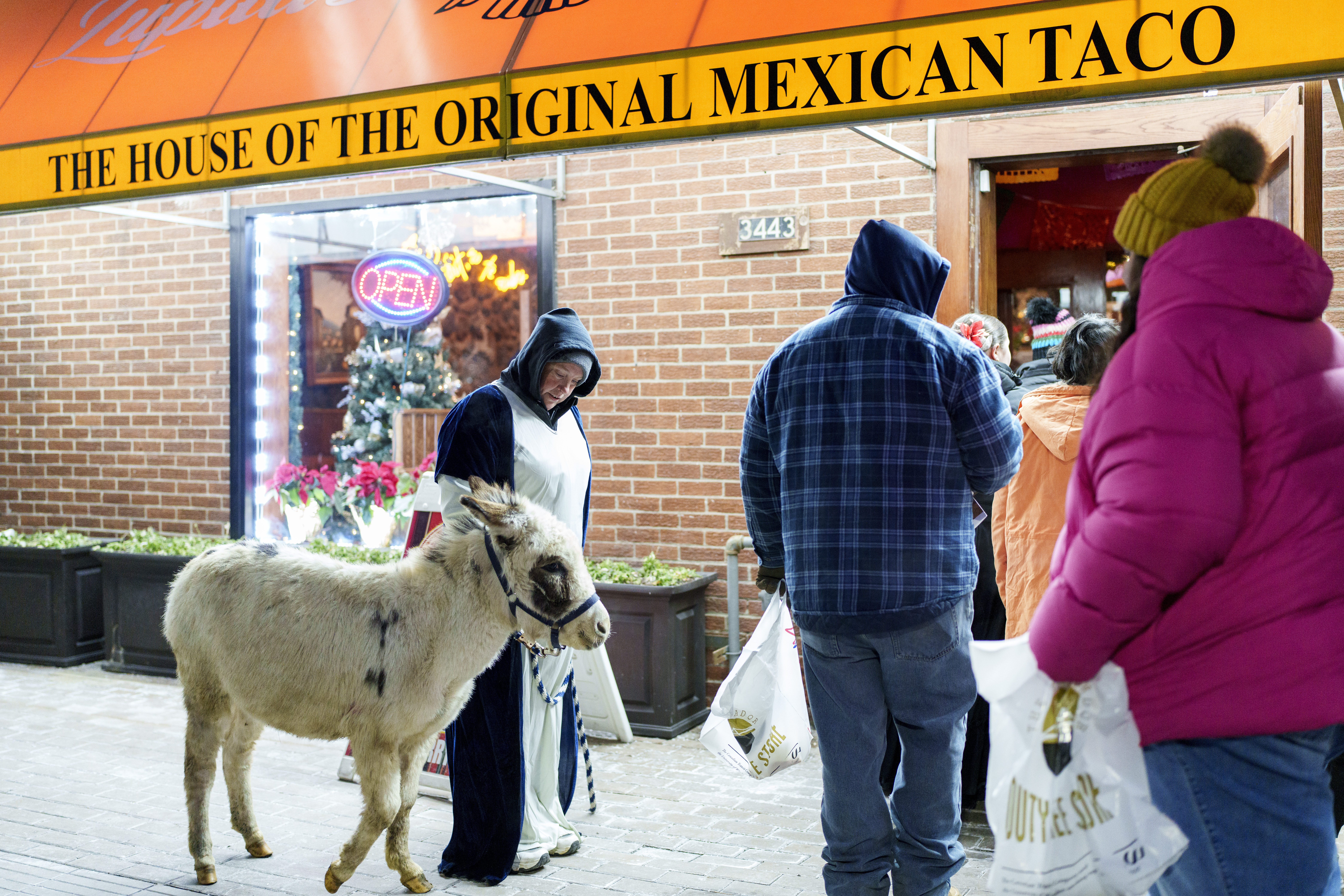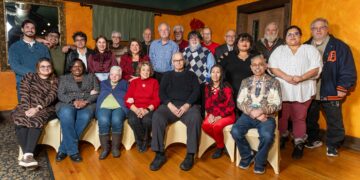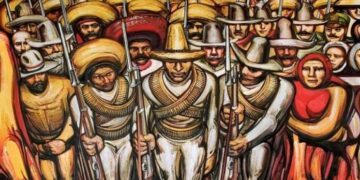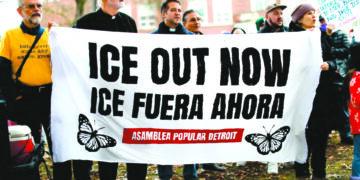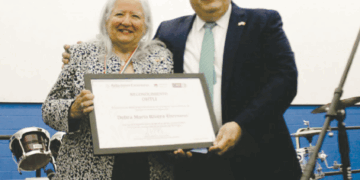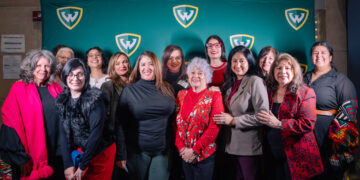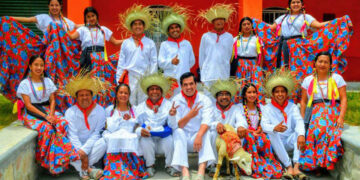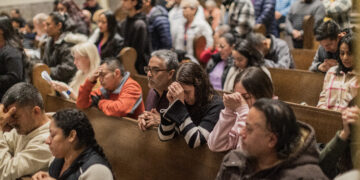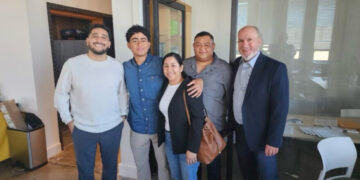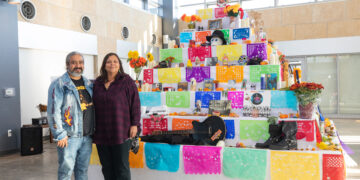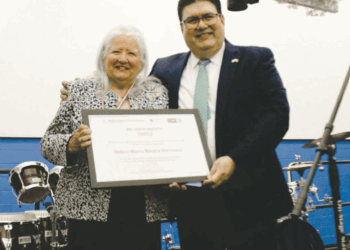The smell of multicultural cuisine fills the air, and dozens of conversations flow in a mix of accents, languages, and hearty laughter. The occasion? “Immigrant Heritage Month: Legacy Across Borders” was a night dedicated to honoring the cultural richness and entrepreneurial impact of Detroit’s immigrant and first-generation business owners.
The event was hosted by TechTown on Monday, June 23, in celebration of Immigrant Heritage Month. It was more than just a networking mixer. It was a powerful tribute to the resilience, ingenuity, and legacy of those who have crossed borders to build new lives and businesses in the Motor City.
Across Metro Detroit, immigrants have long been an essential part of the region’s economic engine.
According to the New American Economy, immigrant entrepreneurs in Michigan generated over $459 million in business income in 2021, with a significant portion of that concentrated in Detroit and the surrounding counties of Wayne, Macomb, and Oakland.
In fact, while immigrants make up just 7% of Michigan’s population, they represent nearly 11% of the state’s entrepreneurs. In Detroit alone, foreign-born residents own thousands of small businesses, from family-run grocery stores and auto repair shops to tech firms and fashion brands.

And that economic impact extends far beyond revenue. These businesses often serve as cultural anchors, employment sources, and gathering places for the community.
The evening kicked off with a panel discussion featuring leaders from Bagzee, the Asian-Pacific American Chamber of Commerce, the American Arab Chamber of Commerce, the Global African Business Association, and the Detroit Hispanic Development Corporation. Panelists shared insights on the challenges and opportunities immigrant founders face, including language barriers, access to capital, and navigating complex legal systems.
Anita Zavala, Deputy Director of the Detroit Hispanic Development Corporation (DHDC), emphasized that no business can operate independently, especially given the government’s “unwelcoming” attitudes toward immigrants.
“The communities that grow and thrive are thriving due to immigration.”
“Southwest Detroit has some of the highest property values of any neighborhood corridor in Detroit,” Zavala said.
Bilal Hammoud, executive director of the American Arab Chamber of Commerce, spoke to the shared experiences that often link Detroit’s immigrant communities. He noted that while each group brings its own culture and perspective, many face similar challenges when starting and sustaining businesses, including language barriers, access to capital, and navigating unfamiliar systems. These everyday struggles, he said, often lead to collaboration and support across communities, creating a strong network of shared resources and mutual encouragement that helps fuel innovation and economic growth.
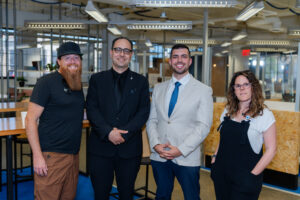
“The policies matter. The advocacy matters, and the awareness matters. The talent is there, the opportunities are there,” Hammoud said.
“We want to see and support the trajectory of immigrant businesses. It’s no longer they’ve been in business for 20-25 years, but now they can grow exponentially in 5-10 years.”
But the heart of the evening lay in what came next: the Heritage Story Circles. Unlike a typical pitch event, these small-group conversations were deeply personal. Each circle was led by a TechTown alum immigrant business owner who shared not just their entrepreneurial journey but the stories of how their cultural heritage shaped their path.
Among them was a Michigan native and a Middle Eastern woman who had gone through the Tech Town business boot camp almost ten years ago and opened a local retail store in Detroit. Dealing with the challenges of COVID-19, she had to close her business. However, today, she is hopeful about starting another business despite the current economic challenges.
Akindele Akinyemi is the founder of the Global African Business Association (GABA). He works with government systems and supports development in the community. He has helped secure over $3 million in state funding for important projects in Southeast Michigan. His efforts have led to significant investments in public infrastructure and education, including $1.8 million for a new public library in Inkster. He also helped open one of the first African and Caribbean food markets in Ann Arbor, near the border of Ypsilanti.
Akinyemi left the room with some sound advice: not to listen to the naysayers and follow your dreams.
“Follow your path, follow your dream, follow your ambition and be around people with like minds that want to help you,” Akinyemi said.
“The path is not easy, but you will win in the end.”
The event’s collaborative spirit reflects a growing movement in Detroit to better support immigrant entrepreneurs through tailored training, mentorship, and funding opportunities. Organizations like TechTown, Global Detroit, and the New Economy Initiative are increasingly collaborating to create pipelines for immigrant founders, recognizing their unique value and addressing the systemic barriers they face.
Rachapa Lau, Associate Executive Director of the Asian Pacific American Chamber of Commerce (APACC), highlighted her organization’s commitment to making it easier for immigrant and minority-owned businesses to access resources and grow.
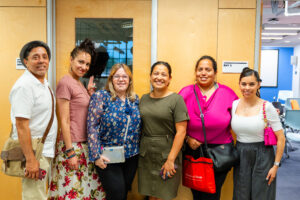
“We make any available resources easier to navigate toward businesses,” Lau said, noting that APACC also serves as a vital connector between entrepreneurs and potential customers.
“We provide a platform and opportunities for businesses to connect with people looking specifically for their products and services,” she added.
Recently, Mayor Duggan and the Detroit City Council announced a major initiative aimed at making it easier for small businesses to open and operate in the city. The plan focuses on streamlining outdated licensing requirements, upgrading the city’s permitting systems, and launching a new Business Concierge Team to guide entrepreneurs through the process.
The changes are expected to reduce red tape for all city-licensed businesses and completely eliminate unnecessary licensing for more than 20% of Detroit businesses without compromising health, safety, or sanitation standards.
Key reforms include removing duplicate licensing requirements, such as the current rule requiring restaurants to obtain licenses from both the Health Department and the Building Safety, Engineering & Environmental Department (BSEED). Additionally, business license renewals will shift from an annual to a biennial process.
By the end of the night, what lingered most wasn’t just the aromas of food or the display of a Ghana-curated collection of art, including clothes and metals, by Rachael Woods, creator of ArtLoft. It was the sense of collective pride and shared purpose.

